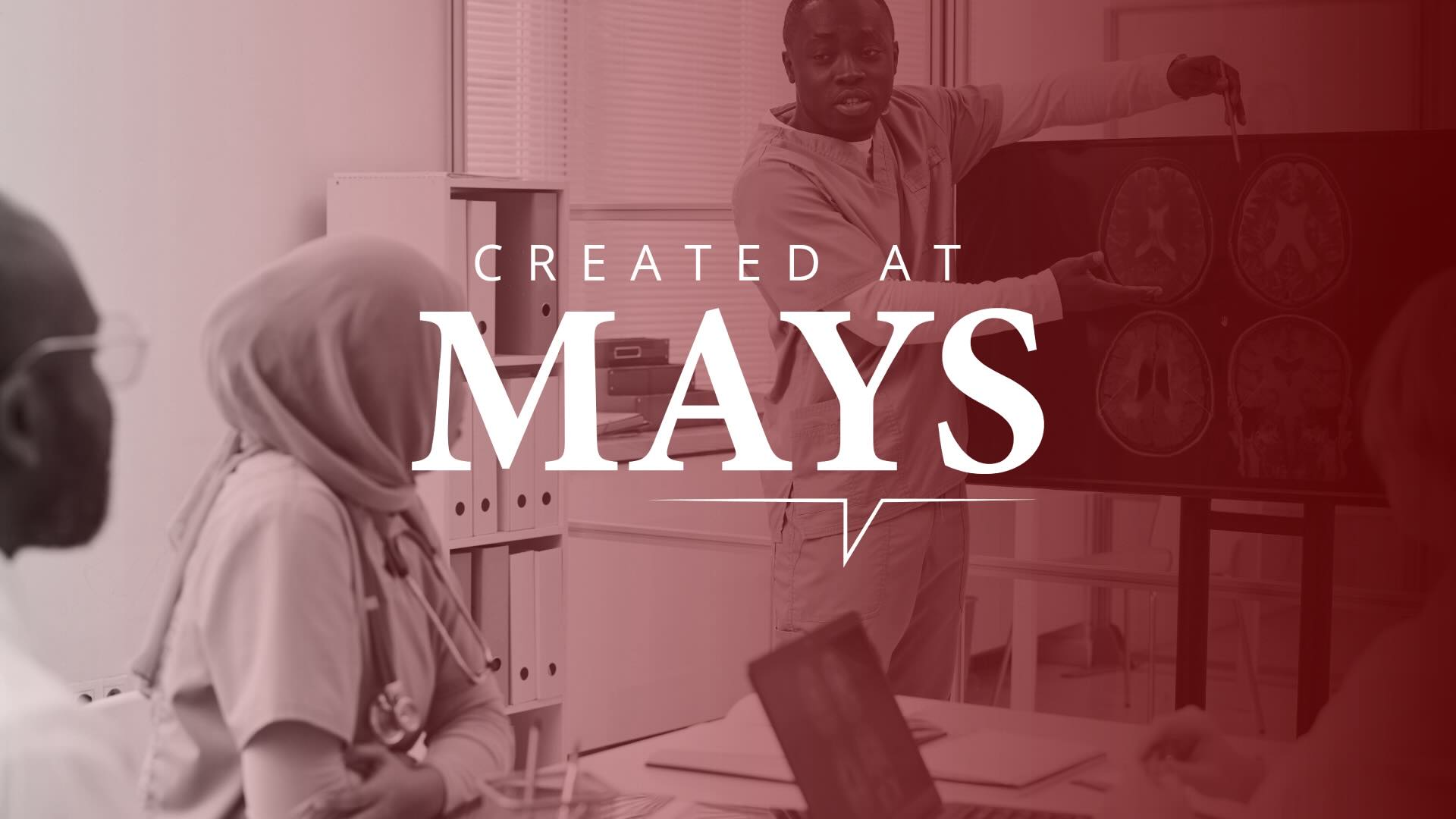Empowering Personalized Medicine: A Groundbreaking Data-Driven Solution for Optimizing Treatment and Dosage Decisions
October 9, 2024
|
Esmaeil Keyvanshokooh
In the quest for personalized medicine, optimizing treatment regimens to suit individual patient needs is a fundamental challenge. Traditional approaches often fail to adequately address the complexities involved in selecting both the right medication and its optimal dosage for each patient. A new study published in Management Science by Esmaeil Keyvanshokooh, an assistant professor in Information and Operations Management at Mays Business School, and colleagues introduces a novel approach to tackle this issue using advanced algorithms. The researchers created an algorithm called SIENNA (Stochastic sub-gradIent dEscent atop coNtextual baNdit Algorithm), designed to optimize treatment regimens by seamlessly blending contextual multi-armed bandits, machine learning, and advanced optimization techniques.
The Challenge of Personalized Medicine
One of the greatest challenges in medical practice is tailoring treatment plans to individual patients, accounting for their unique circumstances and personal contexts. While physicians strive to provide personalized care, the process of determining the optimal medication and dosage jointly for each patient remains a complex endeavor, often relying on trial-and-error approaches and clinical expertise.
Introducing the SIENNA Algorithm
SIENNA represents a paradigm shift in medical decision-making, offering a data-driven framework that adapts treatment plans in real-time, leveraging the power of contextual information and advanced optimization techniques. At its core, the algorithm sequentially selects the best medication and corresponding dose for each patient, optimized over the prior history of individuals with similar profiles.
By integrating contextual multi-armed bandit models, machine learning, and convex optimization strategies, SIENNA provides a robust and sophisticated approach to personalized medicine. This innovative data-driven algorithm not only considers individual patient contexts but also accounts for the unique dynamics of each treatment option, ensuring that decisions are tailored to maximize outcomes and minimize adverse effects.
How SIENNA Works
- Contextual Information: SIENNA uses patient-specific data, such as medical history, current health status, and other relevant factors, to identify potential medications that might be effective.
- Nested Decision-Making: Once a medication is selected, the algorithm then determines the optimal dose by analyzing previous outcomes from patients with similar profiles who received the same medication.
- Adaptive Learning: SIENNA continuously learns and adapts from ongoing patient data, improving its decision-making process over time.
Promising Results and Potential Impact
The study’s findings offer a glimpse into the transformative power of this novel approach. Notably, the researchers demonstrate a sub-linear regret for SIENNA, indicating that the algorithm’s performance is not only reliable but also improves over time very fast, leveraging the wealth of data available in healthcare settings. As a proof-of-concept, the effectiveness of their algorithm has been evaluated for treating hypertension patients with type 2 diabetes.
The practical implications of this research are far-reaching: by incorporating contextual information and advanced optimization techniques, SIENNA can empower physicians to make more informed and personalized choices, ultimately leading to improved patient outcomes and enhanced quality of care. Beyond its immediate impact on medical practice, the study’s data-driven methodology and findings contribute significantly to the fields of contextual learning and online convex optimization. The synergistic integration of these techniques opens new avenues for innovative applications across diverse domains, fostering interdisciplinary collaboration and driving advancements in personalized decision-making.
Implications for Healthcare
The SIENNA algorithm has profound implications for the healthcare industry:
- Personalized Treatment Plans: By tailoring treatments to individual patients, SIENNA can improve health outcomes, particularly in complex conditions requiring precise treatment management.
- Decision Support for Physicians: SIENNA can serve as a valuable decision support tool for healthcare providers, helping them make more informed and effective treatment decisions.
- Broader Applications: Beyond medication management, the principles of SIENNA can be applied to other areas of healthcare and beyond, such as inventory management and pricing strategies in operations research.
Looking Ahead: A Future of Personalized Care
As healthcare continues to evolve, the need for personalized and data-driven approaches becomes increasingly critical. The SIENNA algorithm represents an impactful step towards this future, offering a framework that harnesses the power of contextual learning and optimization to tailor treatment plans to individual patient needs.
The study’s contribution extends beyond the realm of theoretical discourse, providing a practical and scalable solution for medical decision-making. By leveraging the insights and methodologies introduced in this research, healthcare practitioners can deliver truly tailored care that accounts for the unique circumstances of each patient.
In a world where personalization is the cornerstone of effective healthcare, SIENNA represents a beacon of innovation, illuminating the path towards a future where medical decisions are truly tailored to the individual, fostering improved outcomes and a higher standard of care for all.

